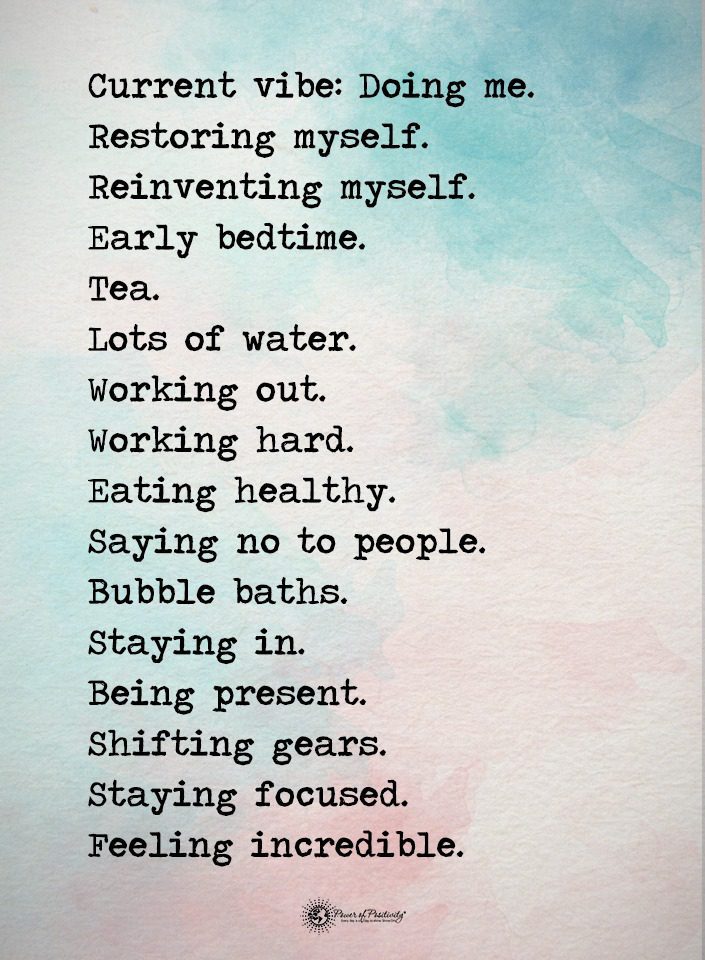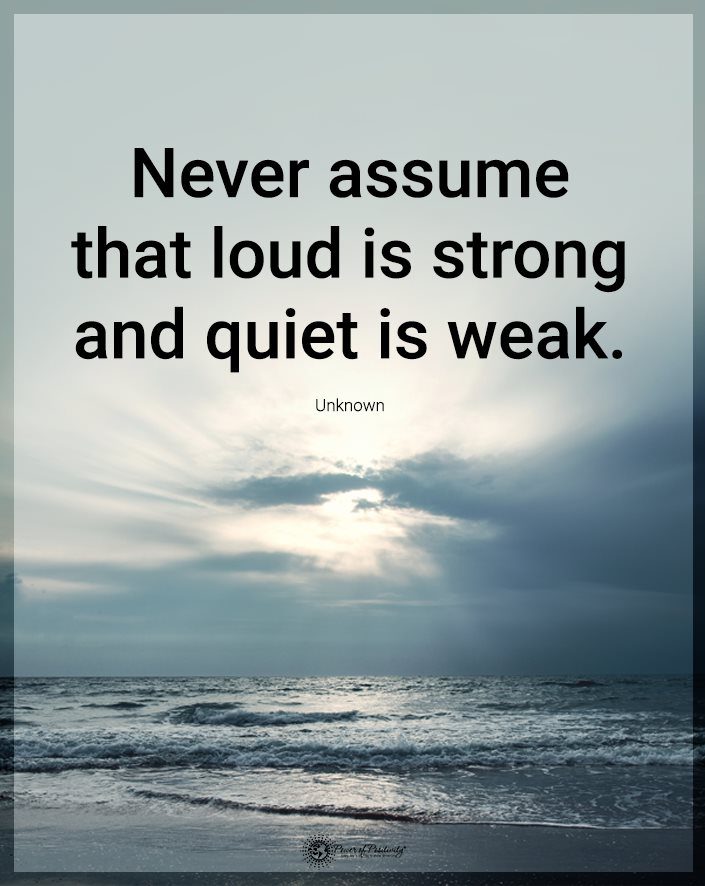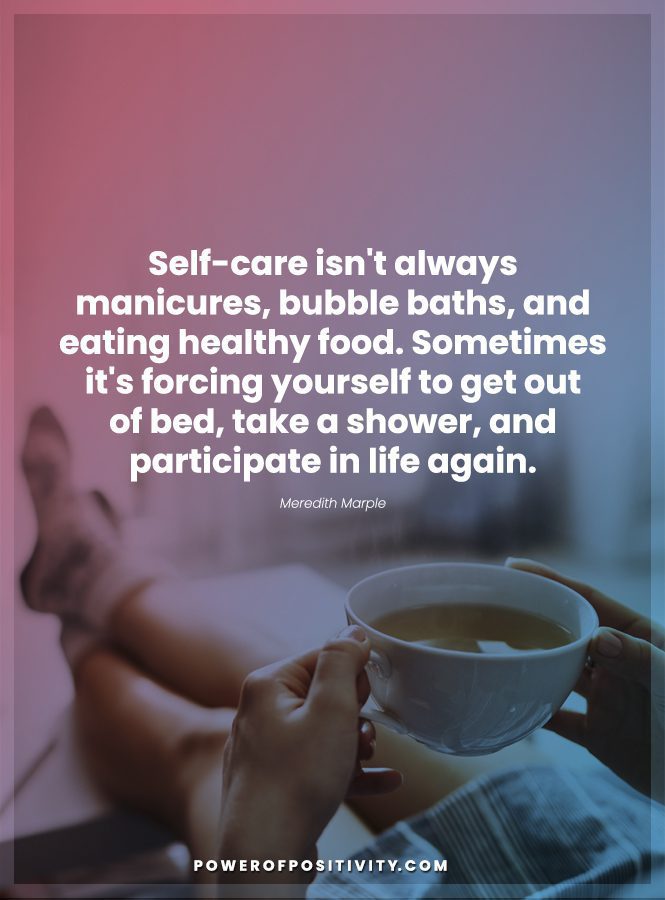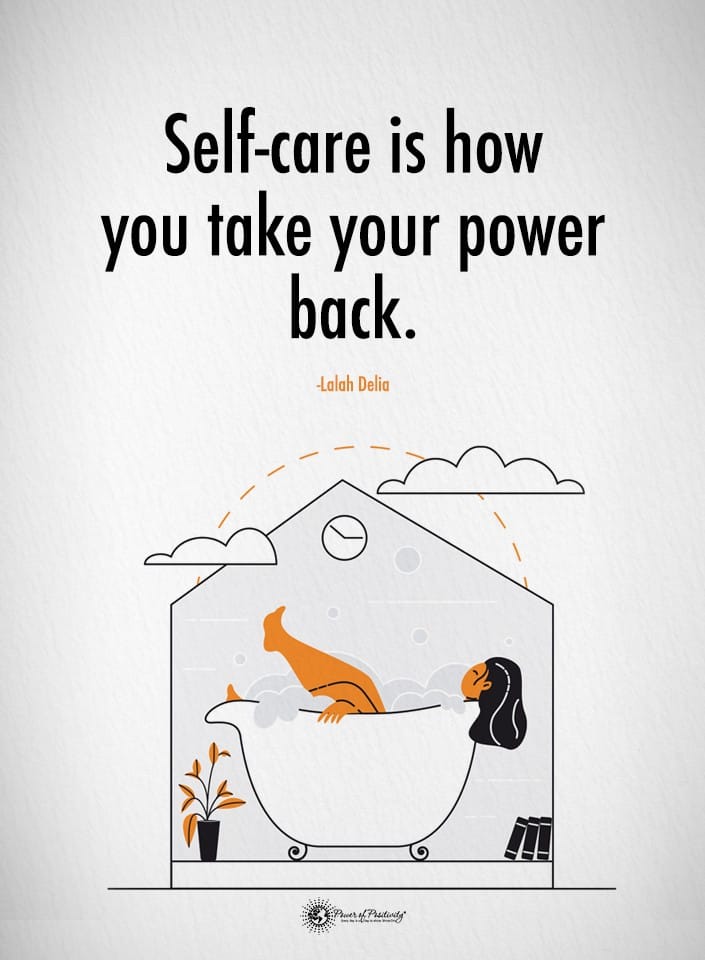Did you know you can make your own nut milk at home? Non-dairy milk, such as almond and walnut, enjoy tremendous popularity today. Due to environmental and ethical reasons, many people have started ditching dairy in favor of plant-based options. Vegan milk is an excellent option for people with lactose intolerance or allergies. Plus, nut milk often contains fewer calories and saturated fat than cow’s milk, making it appealing to anyone on a diet.
While you can choose from several nut milk varieties in the store, they may contain unwanted additives like sugar or sunflower oil. Not to mention, most vegan milk is pricier than dairy milk, although it’s become more affordable due to high demand.
Still, making nut milk at home ensures you have control over the ingredients. Plus, you can buy items in bulk to make them last longer. Nut milk doesn’t take too much effort or time to make, and the recipe below ensures you’ll have leftovers for the whole family.
Want to know how to make your plant-based milk? Read on for the simple recipe that only requires four ingredients! But first, we’ll entice you more by telling you about the benefits of homemade nut milk.
Why Homemade Nut Milk Tastes Better
If you have read the ingredients on plant-based alternatives, you might notice thickeners and additives that extend their shelf life. These ingredients don’t necessarily make the milk unhealthy, but they can take away from the flavor profile. Homemade almond or cashew milk has a rich, nutty flavor, while store-bought brands can taste watery and bitter.
You can add natural sweeteners like maple syrup, agave nectar, or Medjool dates to the mixture. If you buy cashew or almond milk from the store, they often have added sugars that reduce health benefits. At home, you have total control over what goes into your food and drinks, something many people find appealing.
What You Will Need to Make Homemade Nut Milk
- A high-speed blender
- A mesh nut milk bag or cheesecloth for straining
- Glass mason jars to store leftovers
Don’t worry if you don’t have a high-speed blender; you can opt for a small bullet blender instead. These blenders work well to pulverize nuts and small seeds, sometimes better than full-size blenders. You can blend nut or seed butter with water to get similar results. However, this method won’t produce the same robust, nutty flavors as homemade nut milk using raw nuts.
Regarding the type of nuts to buy, it’s recommended to purchase nuts closest to the source. Raw, organic, unsalted, and unroasted nuts work best for this recipe. If you can only find roasted nuts, buy the dry roasted version instead of nuts soaked in oil. Oil can improve the flavor of roasted nuts but can also cause them to go rancid faster because of the oxidation process. Not to mention, roasting nuts at high temperatures can damage some of the healthy polyunsaturated fats in nuts.
A Few Tips Before You Get Started
If you’ve never made nut milk before, you might wonder why you must strain the nuts first. Staining nuts and seeds through a mesh bag helps create a smoother texture and remove excess pulp. However, you can skip this step for nuts with a soft consistency, such as cashews. It would help if you strained nuts with a tough shell, like almonds and pistachios. If you enjoy the extra fiber and thickness, you can skip straining the nuts beforehand.
You may consider soaking your nuts overnight to create a richer, creamier consistency. Soaking the nuts first makes the milk easier to digest because it removes phytic acid, an antinutrient that inhibits mineral absorption. Larger nuts like cashews may need to soak for around twelve hours before they’re ready for the next step. If you want exceptionally silky, smooth nut milk, wash your nuts for up to 48 hours for the best results.
You can use either a glass mason jar or a similar airtight container to store your nut milk. Homemade vegan milk lasts about four or five days, but you can freeze it if you make too much. You can make ice cubes with the leftovers and add them to smoothies and shakes!
How to Make Nut Milk in Three Steps
Luckily, this recipe only takes about five minutes to prepare if you’re pressed for time. It makes about four cups, but you can always cut the base recipe in half if you prefer.
Ingredients
- 1/2+ cup nuts or seeds, soaking optional
- 4 cups filtered water
- Pinch of salt
- Optional sweeteners and/or spices: maple syrup, Medjool dates, agave syrup, honey, cinnamon, or nutmeg
Instructions
- First, blend the nuts, water, salt, and optional sweeteners in a high-powered or bullet blender. Blend on high for about three minutes or until you have a rich, creamy texture.
- Next, grab your nut milk bag and place it over a large bowl. Pour the nut milk into it and use your hands to create a “ball” shape with the bag. Next, wring out any excess liquid, discard the pulp or set it aside for future recipes.
- Finally, pour the nut milk into your storage containers, seal them with an airtight lid, and store them in the fridge for around four days. Alternatively, you can freeze any leftovers in ice cube trays and use them for smoothies. Enjoy!
Final Thoughts on How to Make Homemade Nut Milk
Making a batch of homemade nut milk may seem intimidating initially, but it’s much easier than you’d imagine. It only requires a few ingredients that you can find at almost any grocery store. As long as you have a high-powered blender and strainer, you can make this nut milk in the comfort of your home. Whether you choose almonds, walnuts, or cashews for your base, nut milk makes a great addition to many baked goods or savory recipes. If you try this recipe, please let us know how you liked it in the Facebook comments!





















